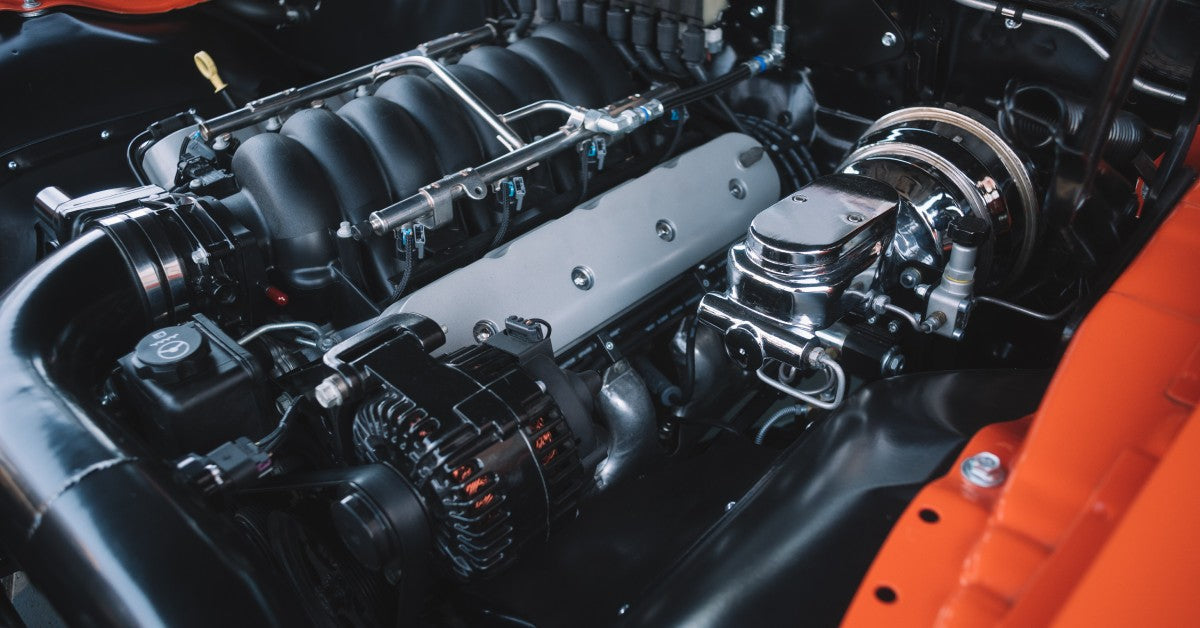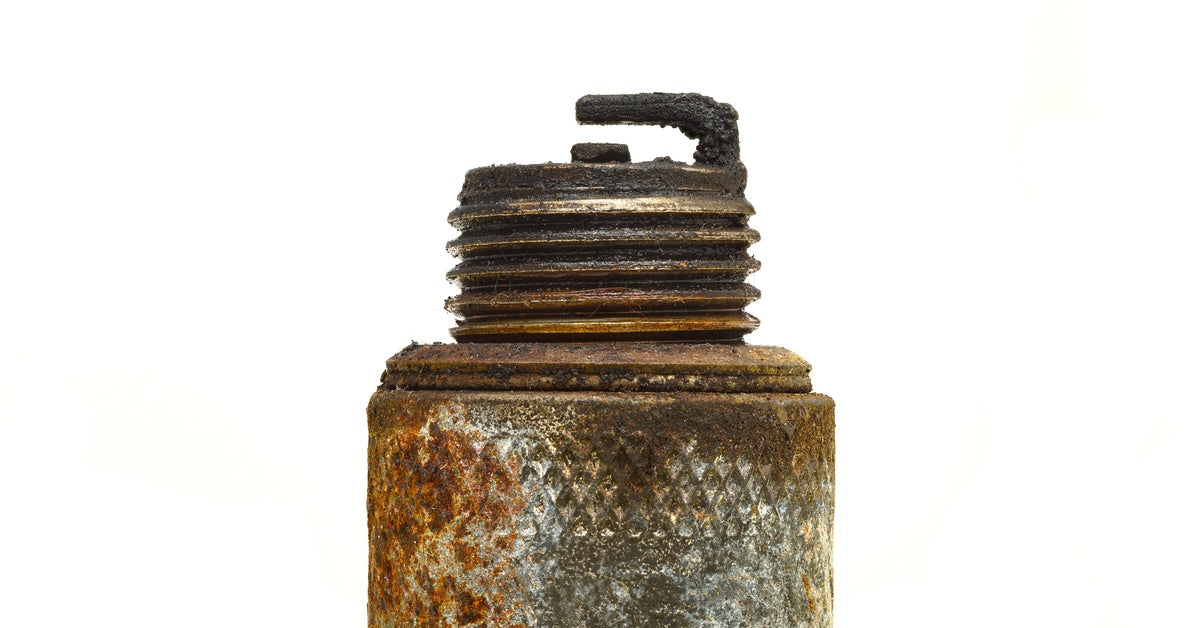It’s a dispute that just gets hotter and hotter: How often should you change your oil? Here at E3 Spark Plugs, we get asked that question a lot. Owners’ manuals of various vehicles only make the debate more confusing. Some declare the pervasive 3,000-mile rule to be the gospel truth. Others argue it’s fine to slack on oil changes until you hit upwards of 10,000 miles. And many mechanics say a compromise of every 5,000 miles is perfectly doable for most makes and models.

How often should you change your oil? It depends on multiple factors including your engine's age, your climate and your driving style, says E3 Spark Plugs.
But E3 Spark Plugs cautions that a few instances that call for more frequent oil changes:
- Your engine is old and burns oil faster. Oil rings and valves wear as they age, causing your car’s oil to leak or burn more quickly.
- You regularly drive on dirt roads. Engines suck in air from outside. Along with that air comes at least a little dirt, even if your filter is relatively new. That dirt goes straight into your engine oil, potentially mucking up your engine.
- You carry heavy loads. Any extra strain on your engine causes its internal operating temperatures to rise, causing the oil to evaporate and oxidize. Resulting heavy oil use causes oil to evaporate through the breather system rather than entering the combustion chamber and burning. Oxidation causes internal sludge that bakes onto the inside of your engine and starves it of lubrication by soaking it up like a sponge.
- You drive mostly short distances. Contrary to popular belief, the more you drive (distance-wise), the less you need to change your oil. That’s because in order to rid the oil of liquid gasoline and water, your engine must completely warm up. Engine heat causes the liquid gas and water mix to evaporate and exit through the crankcase ventilation system. But if you make only short trips, the gas and water mix never fully evaporates and instead dilutes the oil, preventing it from doing its job.
- You drive in an extremely cold climate. When the temperatures drop, water condenses and ices up the inside of your engine block. As the engine warms up, the ice melts and the water drips into your oil. Then there’s the gas issue. Cold starting an engine burns more fuel and cold gas is hard to vaporize as it is, so all that unburned gas has to go somewhere. Most of it goes out the exhaust, but some of it pours down your engine’s cylinder walls and into your oil.
- You drive like a bonehead. Quick starts, heavy acceleration and driving at high speeds not only burns more gas, but sucks up more oil as well. Save it for your weekend trips to the go kart tracks.
E3 Spark Plugs recommends talking to your mechanic about the best oil change intervals for vehicle, based on its age, condition, the climate and your driving style (be honest!). And use E3 car spark plugs, E3 truck spark plugs or E3 motorcycle spark plugs for an extra power boost that won’t cost you in fuel consumption.







